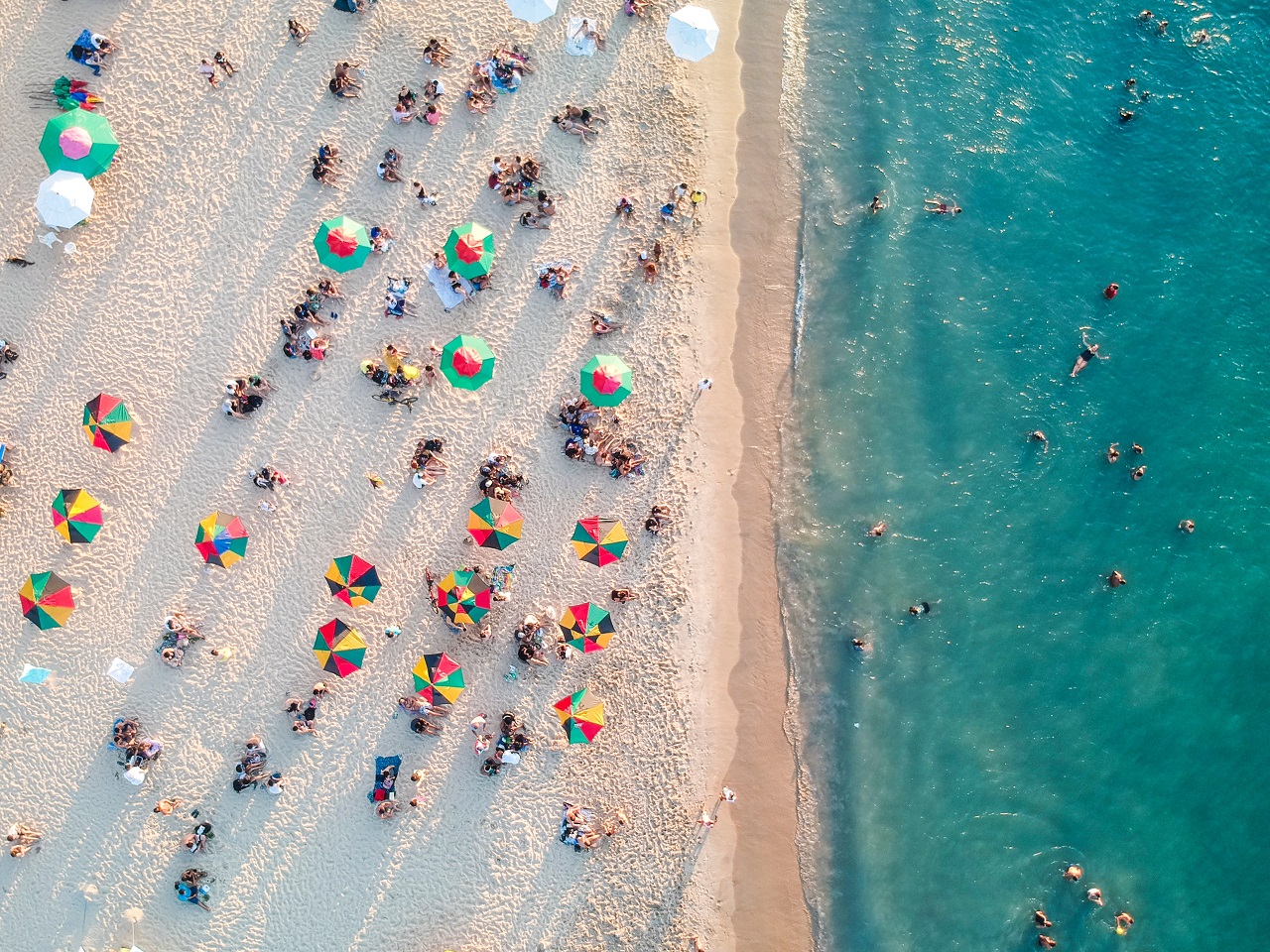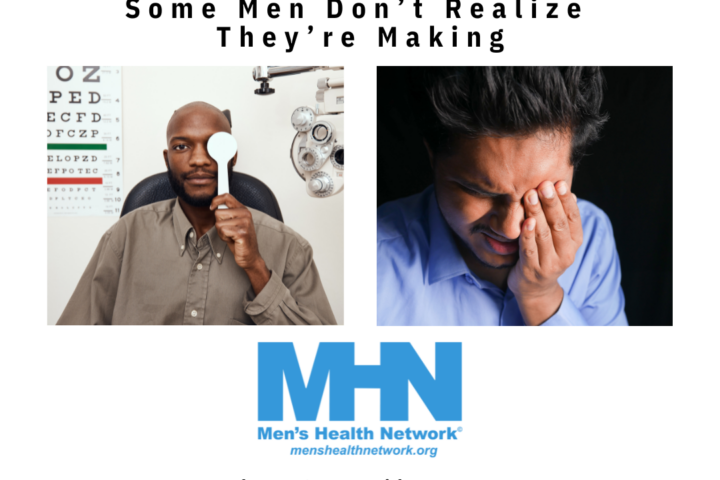Ah, Brazil! Just saying the word brings to mind thoughts of endless white, sandy beaches; soothing, warm Atlantic waters; Tropicalismo music; bright, sunny colors; and a very special people. With destinations like Rio, Bahia, and the Amazon, Brazil can seem very exotic. But, in some ways, Brazil is just like America.
Surfs Up!
As luck would have it, I recently spent a week in Brazil, landing right smack in the middle of the Southern Hemisphere’s winter. I first headed to the island of Santa Catarina, in the state that goes by the same name, to surf the winter Antarctic swells that arise from the south. Although cold for the locals, the water and air temperature, both about 63oF, was comfy for me — not bad for the middle of winter. And the best surf beaches, Praia Mole, Joacquina, Campeche and Lagoa were…magically…empty. All the breaks to myself. For a gray-haired long-boarder, this was heaven.
Sore but well rested, I then headed to Curitiba, in south-central Brazil, to speak at the 37thAnnual Brazilian Congress of Urology. Attended by 3,000 urologists, this is their biggest meeting of the year. Under bright lights, I gave several keynote speeches to the entire society, but also participated in a half-day-long workshop attended by several dozen of Brazil’s best male reproductive urologists. And I found that the conversations we had in this tightly knit group of colleagues were as engaging and compelling as the Brazilian waters I had surfed just a few days earlier.
The Rocky Bottom
Here are some facts about men’s health in Brazil that I learned during my visit:
Similar to US men, Brazilian men have shorter lives than women. The average lifespan of Brazilian men is 70 years, which is 8 years less than Brazilian women. This gender difference in longevity is more significant than what we have in the US (5 years).
The death rate of young adult men in Brazil (ages 25-34) is 4-fold higher than women of the same age.
Death due to “external causes” (suicide, accidents, violence) among Brazilian men is 5-fold higher than women.
Although Brazilian men tend to be fitter than ever, they have increasing rates of dying from alcohol–related liver disease.
So, exotic as it is, Brazil is similar to the US when it comes to men’s health: men are lagging way behind women. For what likely are the same complex reasons we see in the US, men are relatively medically underserved in Brazil. I sensed frustration among my doctor friends in Brazil, as they possess leading-edge knowledge, skills and expertise but have trouble treating patients who don’t come in for care.
What I also learned is that Brazil, like Ireland and Australia (and unlike the US), has a national policy in place…a mandate…to improve health care in men. This is key to increasing awareness, and awareness is fundamental to real change. It also lends hope to those in the profession who are trying awfully hard to help men be the best that they can be. This gives me the same sensation as a well-surfed wave…it’s all good.
This article first appeared on Dr. Turek’s blog.
Photo by Raphael Nogueira on Unsplash




